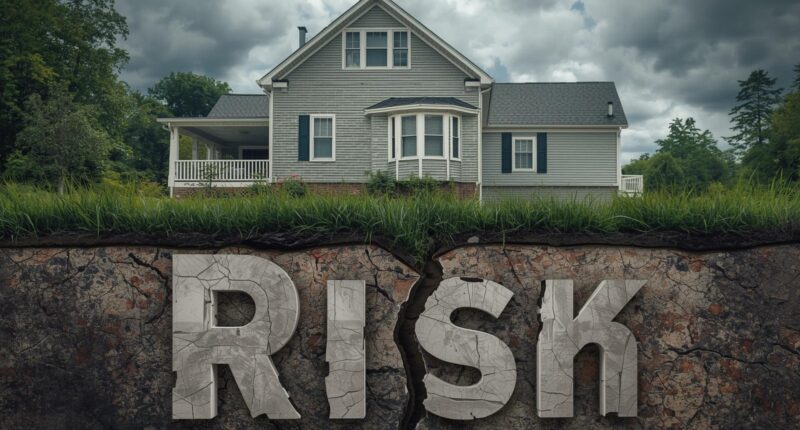What Are the Risks of Real Estate Investing?
Real estate is often praised as one of the most reliable wealth-building tools, but like any investment, it comes with risks. Many beginners assume property investments are always profitable, but without careful planning and awareness of potential challenges, investors can face financial setbacks. Understanding these risks will help you make smarter decisions and protect your investments.
Why It’s Important to Know the Risks
While real estate offers cash flow, appreciation, and tax benefits, it is also capital-intensive and subject to economic shifts. By recognizing the risks ahead of time, investors can prepare strategies to minimize losses and maximize returns.
(Related: Read our article on Why Invest in Real Estate Over Other Assets? to learn about the benefits that balance out these risks.)
Major Risks of Real Estate Investing
1. Market Fluctuations
Property values are influenced by economic conditions, interest rates, and demand. A downturn in the housing market can lead to falling property prices, making it difficult to sell or refinance.
2. High Upfront and Ongoing Costs
Real estate requires a significant down payment, closing costs, and maintenance expenses. Unexpected repairs, rising property taxes, or prolonged vacancies can quickly eat into profits.
3. Tenant and Vacancy Risks
Rental income is never guaranteed. Problematic tenants may damage property or fail to pay rent, while vacant properties generate no income but still incur expenses.
(External Resource: Learn how to handle vacancies from Investopedia’s Real Estate Investing Guide.)
4. Liquidity Challenges
Unlike stocks or bonds, real estate is not easily sold. It may take months to find a buyer, and you could be forced to sell below market value if you need quick cash.
5. Financing and Interest Rate Risks
Most real estate investments involve mortgages. Rising interest rates increase borrowing costs, reducing cash flow and making properties harder to afford.
6. Legal and Regulatory Risks
Zoning laws, landlord-tenant regulations, and changes in property tax laws can impact profitability. Additionally, short-term rental markets may face restrictions in certain cities.
7. Property Management Risks
Managing a property requires time and expertise. Without proper management—whether self-managed or through a property manager—expenses can rise, and returns can shrink.
(Related: See our article on 5 Common Mistakes in Real Estate Investing to avoid pitfalls that reduce profitability.)
How to Reduce These Risks
-
Conduct thorough market research before buying.
-
Keep an emergency fund for repairs and vacancies.
-
Screen tenants carefully to reduce payment issues.
-
Diversify your portfolio across property types and locations.
-
Work with professionals—agents, lawyers, and property managers.
Final Thoughts
Real estate investing can be highly rewarding, but it is not without its risks. Market fluctuations, high costs, tenant problems, and legal challenges all pose potential threats. By staying informed, diversifying investments, and preparing for unexpected costs, investors can reduce these risks and position themselves for long-term success.
(External Resource: Explore Zillow Research for insights into current housing trends that may impact risks.)









